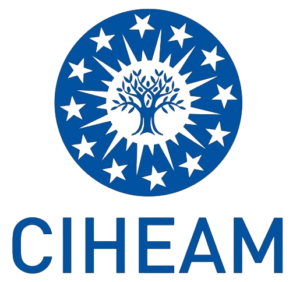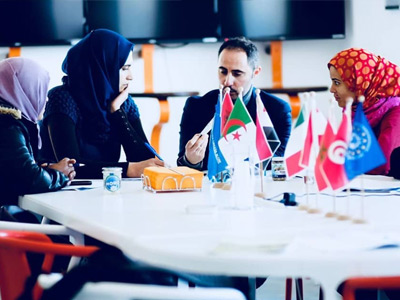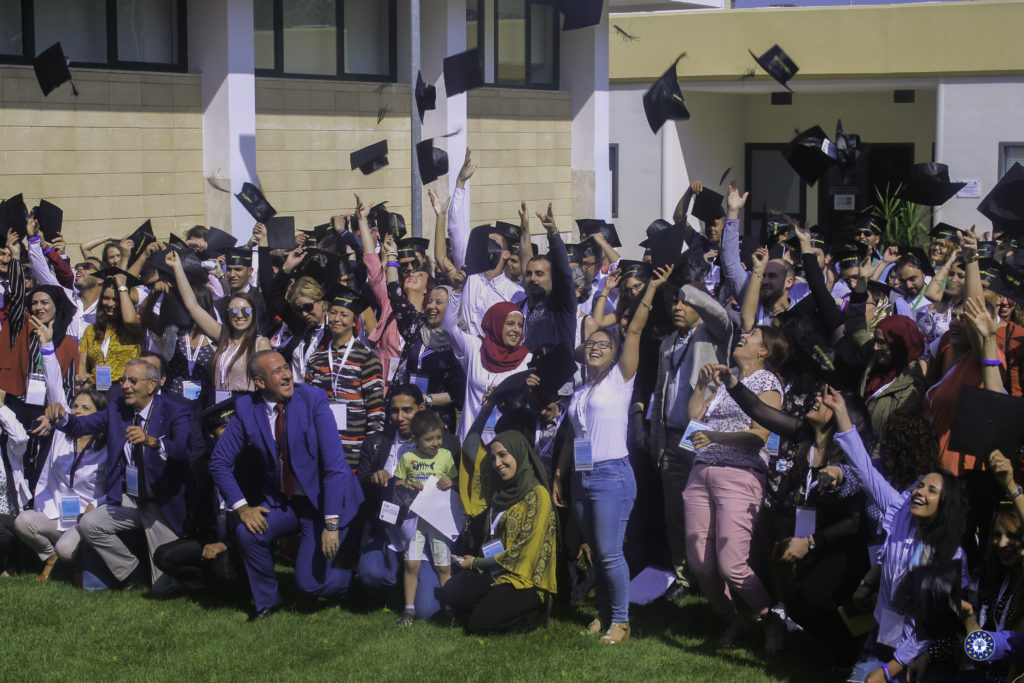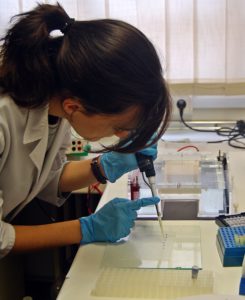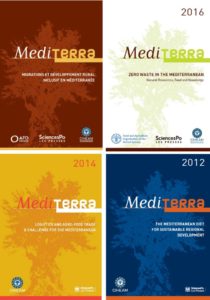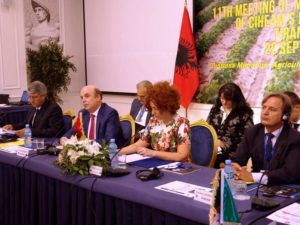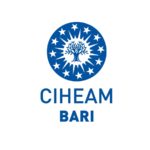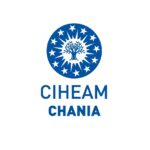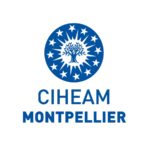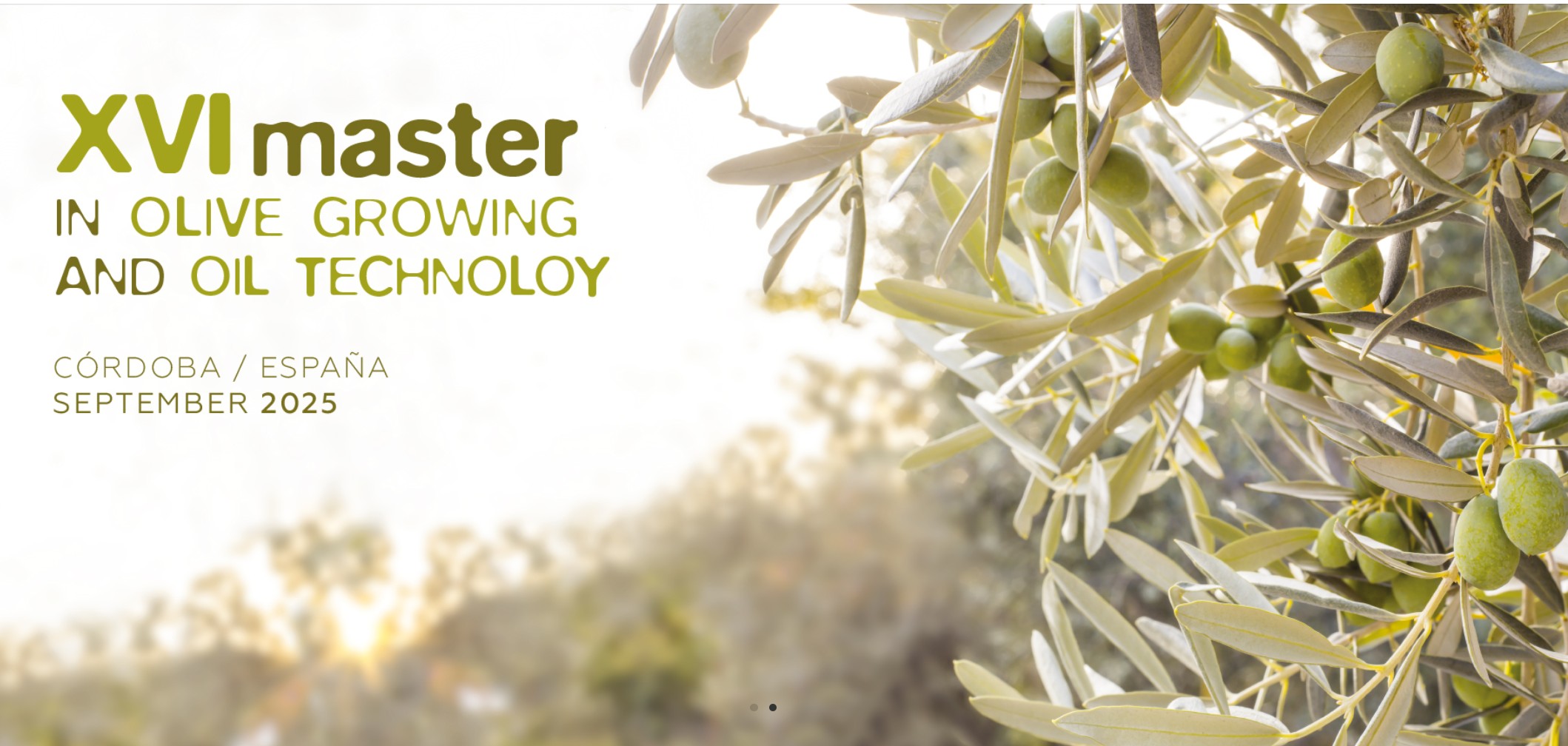The CIHEAM participates in the 122nd Plenary Session of the International Olive Council in Cordoba
Cordoba, Spain – 19–20 November 2025
The President of the CIHEAM, Frida Krifca, the Secretary General, Teodoro Miano, as well as the Director of the CIHEAM Zaragoza, Raul Compès, took part this week as observers in the 122nd plenary session of the International Olive Council (IOC), held in Cordoba. The event coincided with World Olive Day and brought together forty-five member countries and several international observer organisations, in a context where the olive sector is experiencing a strong recovery after two difficult years. The delegations analysed progress on the major initiatives underway, including the development of an international tool for calculating the carbon balance for olive groves, the refinement of the interactive statistical dashboard, and the strengthening of analytical methods designed to guarantee product authenticity in an increasingly competitive global market.
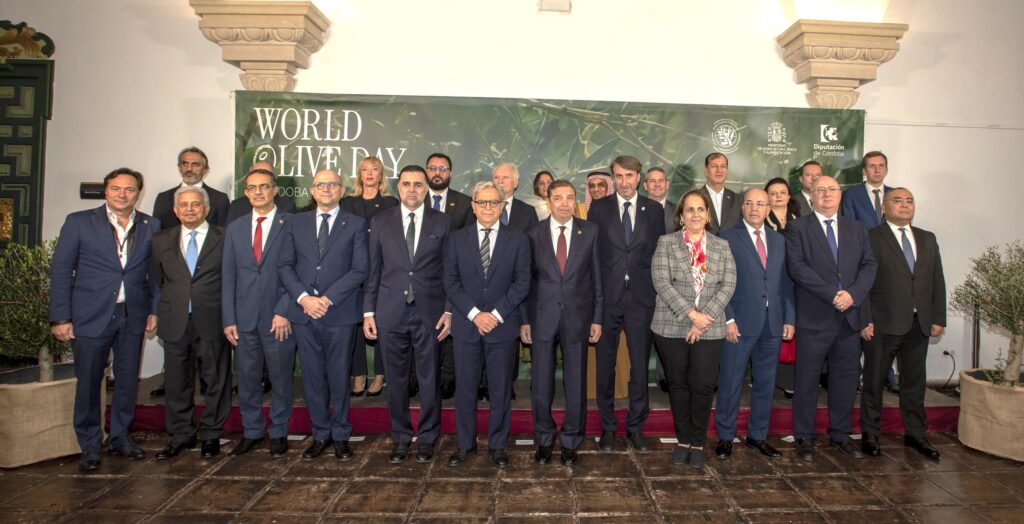
During the official ceremony marking World Olive Day, celebrated the following day, the President of the CIHEAM recalled the profoundly cultural and symbolic dimension of the olive tree across the Mediterranean basin. “The olive tree is far more than a tree: it is a marker of identity, a living heritage, a shared language that has connected our societies for millennia,” she stated, emphasising that this cultivation “shapes our landscapes, sustains rural economies, and embodies an idea of peace and continuity that we need now more than ever.”
She also stressed the central role of olive oil in the Mediterranean Diet, inscribed by UNESCO on the Intangible Cultural Heritage list. Recalling its well-established public health benefits —ranging from the prevention of chronic diseases to nutritional balance and healthier lifestyles—she called for this food model to be protected as a common good, a vector of identity as much as of sustainability.
President Krifca then outlined the three pillars around which the commitment of the CIHEAM to the olive sector is organised. Training forms the foundation of this work, notably through a specialised Master’s programme in olive growing, olive oil technology and quality assurance, regarded as one of the international benchmarks in the field and jointly delivered by the CIHEAM Zaragoza and the University of Cordoba. Research constitutes the second pillar, which the CIHEAM Institutes undertake on crucial issues such as water management, climate adaptation, varietal resilience and the conservation of genetic resources. Cooperation forms the third pillar: “Transforming science into action,” she said, is the ambition guiding the work of the CIHEAM with governments, producers and international organisations, with the aim of fostering governance based on reliable data, stronger value chains and greater convergence in quality practices.
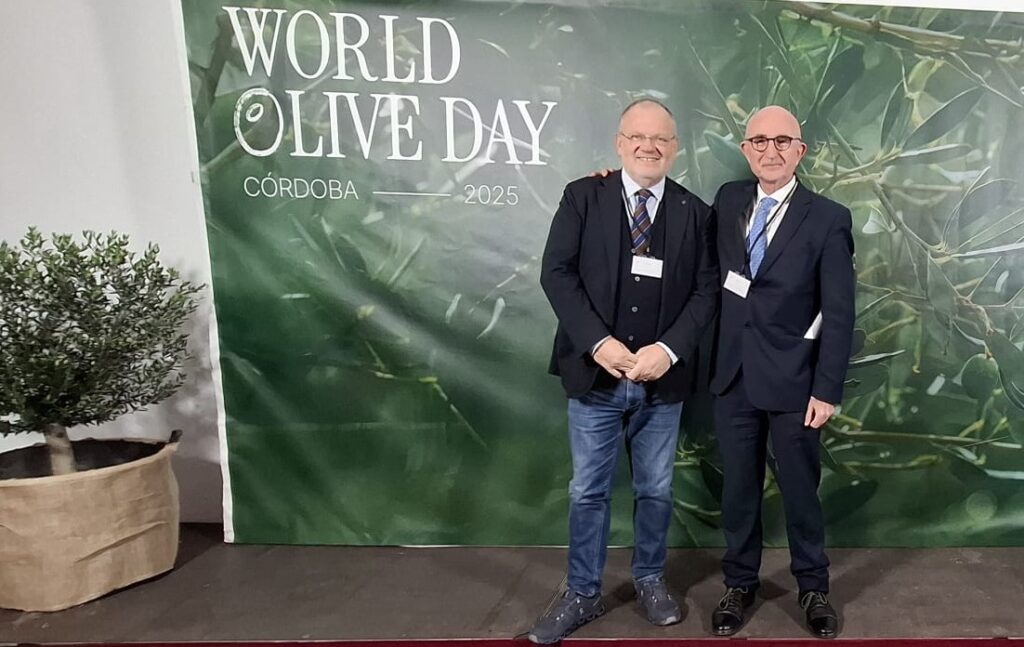
The Secretary General, Teodoro Miano and the Director, Raul Compès reaffirmed their intention to strengthen synergies between CIHEAM initiatives and IOC programmes, particularly in areas where climatic and economic pressures are becoming decisive for the survival of olive-growing farms including water management, plantation sustainability, product valorisation and the protection of small producers’ incomes.
The Cordoba Declaration
The celebrations of World Olive Day provided the occasion for a collective reaffirmation of the Cordoba Declaration, a founding text that recognises the importance of the olive sector for sustainable development, biodiversity, rural economies and the preservation of Mediterranean cultural heritage.
The Declaration explicitly recognises the role of olive groves as natural carbon sinks, noting that their more than 11 million hectares absorb up to 4.5 tonnes of CO₂ per hectare per year, thereby making a substantial contribution to global climate mitigation efforts. It also emphasises the robust scientific evidence ,more than 1,000 peer-reviewed studies, linking the regular consumption of extra virgin olive oil to a significant reduction in cardiovascular, metabolic and neurodegenerative diseases. The document further calls for strengthened collaboration with chefs, culinary schools and the restaurant sector to promote olive oil culture, including varietal diversity, sensory profiles and nutritional benefits, with the aim of fostering a more informed and discerning consumer base.
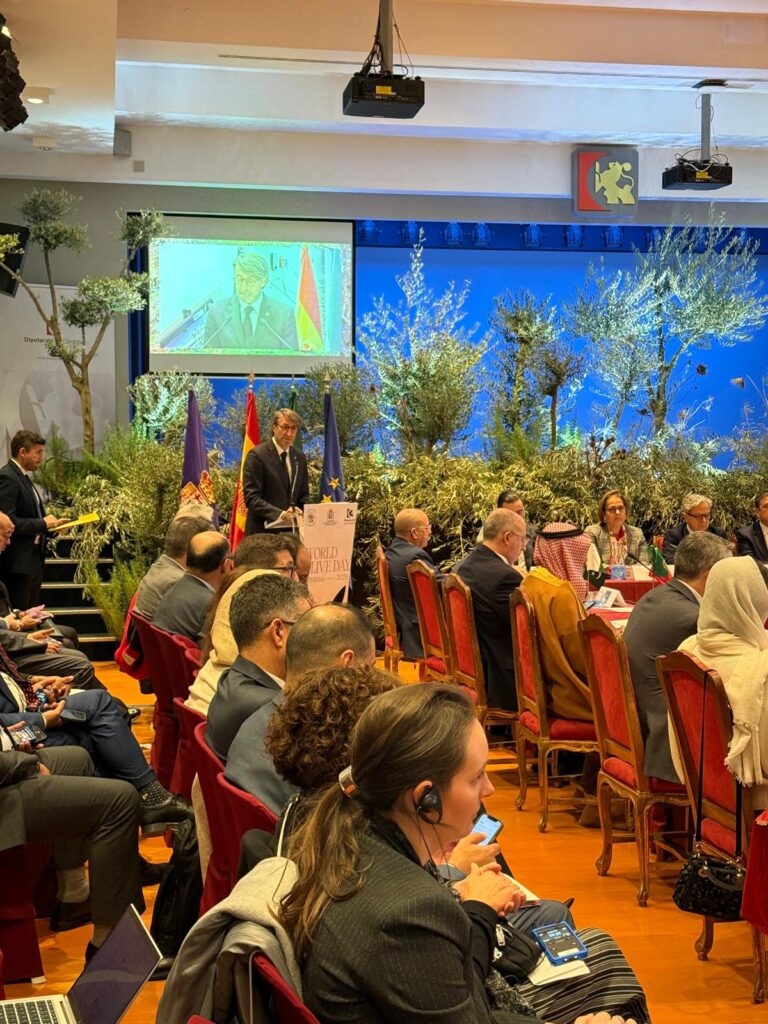
The Executive Director of IOC , Jaime Lillo praised the mobilisation of local and national authorities, recalling that Andalusia remains one of the historic cradles of olive growing and a symbol of what a terrotory can achieve when tradition, innovation and political commitment come together.
The participation of the CIHEAM in this plenary session reflects the deep alignment between the two organisations, united by a shared objective: to support a strategic sector for millions of rural families, promote sustainable agricultural models and strengthen a Mediterranean identity that places in quality, technical excellence and cooperation at the heart of its future.


